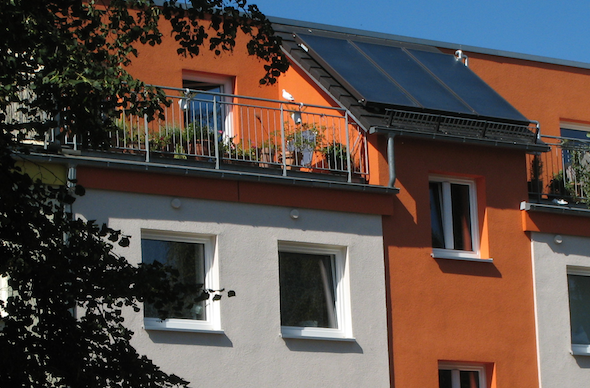深度改造

A state-of-the-art energy renovation can reduce the energy consumption of a building by as much as 75%. In comparison, a standard renovation or refurbishment will harvest savings of 20% – 30%, sometimes even less. Even though efficient building technology is readily available, there is low demand for deep renovations and they are not currently standard practice. Energy efficiency policies and supporting programs play a crucial role in driving energy efficiency improvements in existing buildings.
This Lab aims to develop new and innovative strategies and resources to help achieve a massive market uptake of deep renovations. The initial areas of focus for the lab are 1) establish the definition of DR (deep renovation/ refurbishment/ retrofit/ reduction), 2) develop a set of criteria to define what a DR project is, 3) apply the criteria to compare best practice projects, and 4) make all results widely known and available. We need global experts to help us develop an agree-upon standard set of criteria for deep renovations and to provide references to exemplary DR projects. GBPN will work on comparing successful deep renovation projects and policy packages, based on the criteria agreed.
In order to make deep renovation projects more cost-effective, GBPN invites experts in energy efficiency in buildings to join our discussions on the Lab. We will focus on specific areas that we can support in making deep renovation economically attractive, such as costs, financial instruments and how to overcome barriers. The Lab will make a substantial contribution to accelerating the dissemination of the best deep renovation policies and will collect information on new business opportunities to help to achieve energy efficiency and CO2 policy targets in existing buildings.

